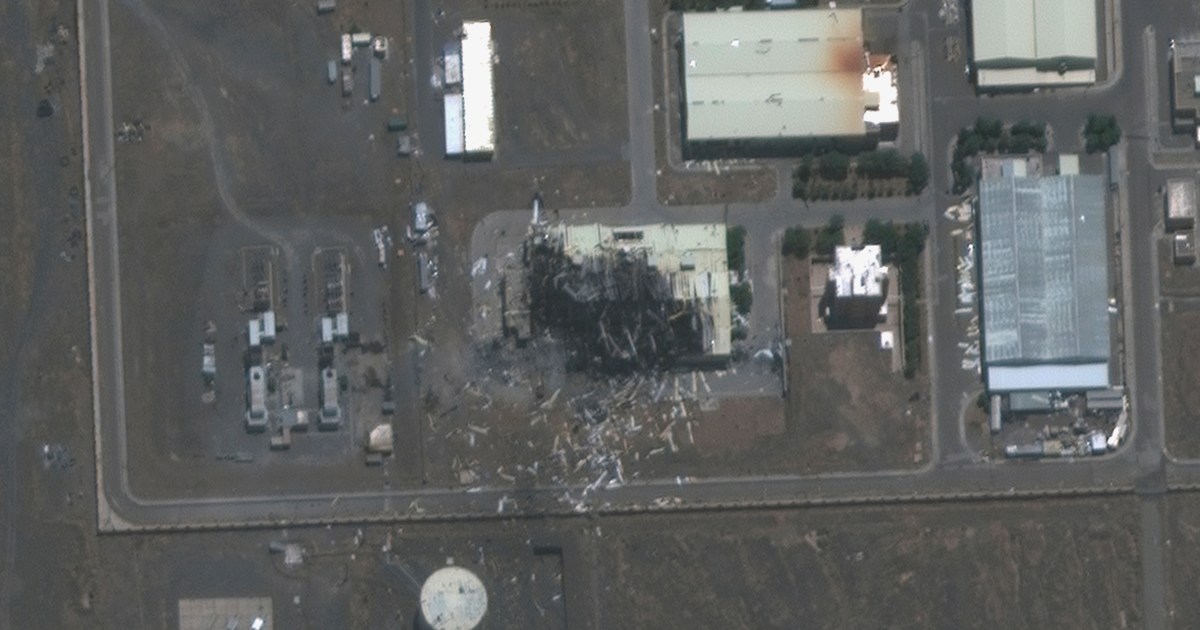Ghulam Husayn Gibbet Perfer, an adviser to the Iranian Revolutionary Guards commander, said that the New York Times leaks about the American-Israeli strategy against Iran is a psychological war.
The Iranian official added that the talk about sabotaging nuclear facilities and the assassination of the Revolutionary Guards leaders has no effect on the country's ongoing policies.
He stressed that the removal of Israel from the geography of the region is the slogan of his country, which it is working on, as he put it.
The New York Times, the American newspaper, said that "the bombing that targeted the Iranian nuclear facility, Natanz, was planned for more than a year, indicating the possibility of detonation by planting an explosive device or through an electronic attack."
The newspaper also quoted two US intelligence officials as saying that restoring the facility to restore Iran's nuclear program to what it was before the explosion could take two years.
Officials familiar with some of the secrets of the blast at Natanz compared the intricacies of this bombing to the sophisticated "Staxnet" electronic attack on Iran's nuclear facilities in 2010, which was planned for more than a year.
The newspaper said that Western officials expect some kind of retaliation from Iran for the bombing, which may be by targeting American forces in Iraq, or through electronic attacks, or by targeting vital facilities such as the American financial institution or the Israeli water supply system.
American and Israeli officials are betting that if there is a response from Tehran, it will be limited, as was the case after the assassination of the Iranian Revolutionary Guards Commander, Qassem Soleimani, with an American strike in Baghdad, where Iran responded with limited bombing of some American forces' locations in Iraq.
Responsibility of Israel
The American "Stratfor" site said that Israel is likely responsible for the explosion and fire that broke out at the Natanz facility on the second of this month, and possibly for other similar incidents that occurred near Tehran over the past two weeks, including the bombing of the Khujer missile complex on June 26. Last June.
The site believes that the noticeable rise in Israeli sabotage operations towards Iran indicates that Tel Aviv is returning to a policy of unilateral action against Iran's nuclear and missile programs.
And the website affirms that although Tel Aviv does not explicitly announce its covert operations against Iran, history and motivation make it the most likely actor to carry out such "sabotage" operations against Iranian infrastructure and installations.

